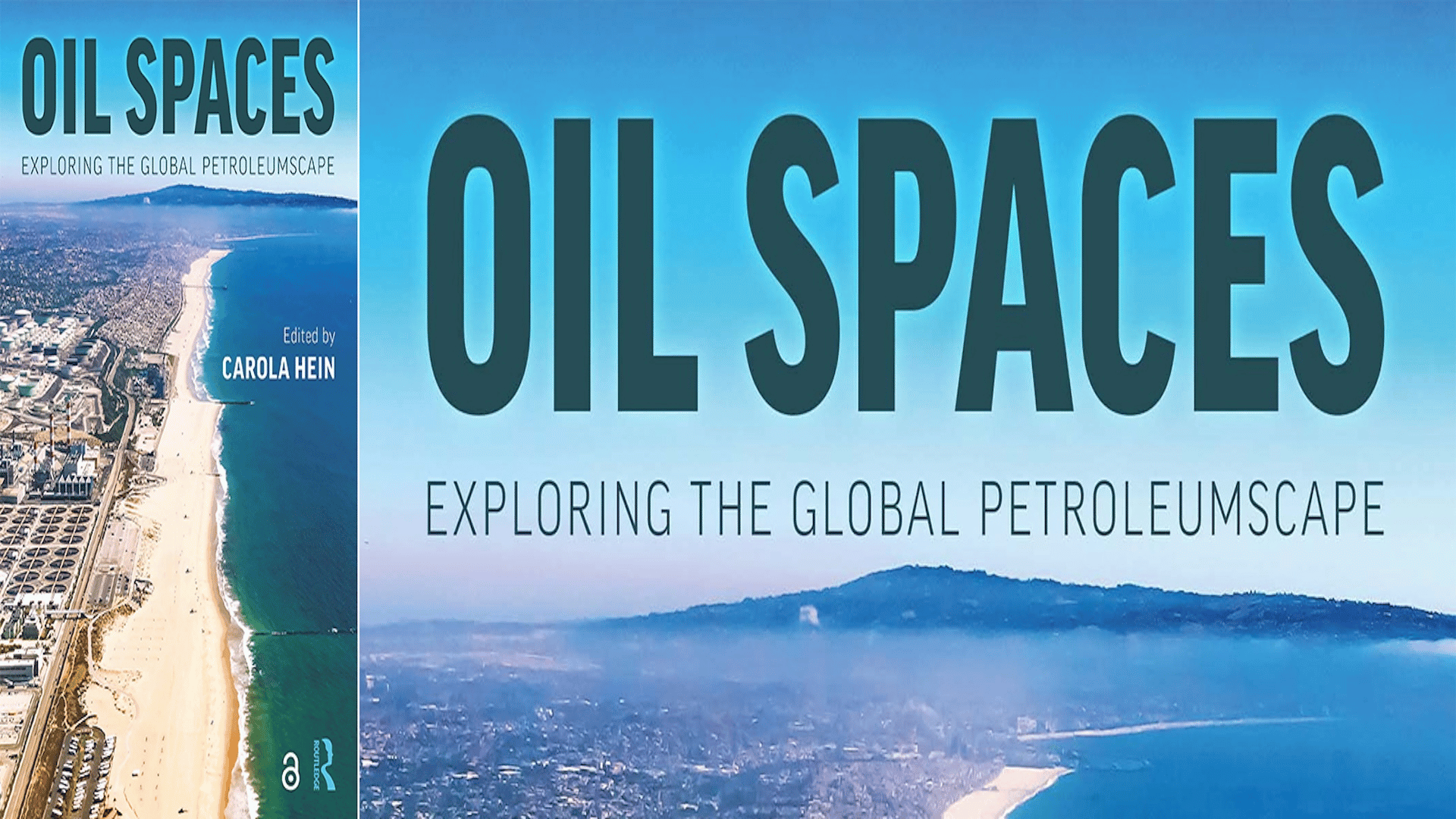CED Professor Stephen Ramos is among the co-authors of the recently published book “Oil Spaces, Exploring the Global Petroleumscape.”
ABSTRACT
MAPPING THE PERSIAN GULF PETROLEUMSCAPE
The Production of Territory, Territoriality, and Sovereignty
Stephen J. Ramos
This chapter reviews the interrelated concepts of territory, territoriality, and sovereignty as dynamic processes occurring within the Gulf region from pre-oil periods, through oil exploration, discovery, and industry consolidation. The legacies of imperial rule and extractive capitalism produced successive territories and administrative territorialities that governed the region as it moved through various subject relationships with international powers into their own respective, postcolonial, nation-state projects. The multiple layering of Gulf territorial signification simultaneously combined British national and imperial objectives with the corporate objectives of interested oil companies, and the establishment of constituent pre-nation-state urban, territorial, and legal frameworks. These processes have their own palimpsestic qualities, and draw attention to more complex issues of causality for spatial and territorial configurations in oil-producing geographies. By denaturalizing territory construction and demarcation and its associate territoriality administration of this regional transition during the ascendance of the oil age, we can then begin to think about how these processes might continue to layer and metamorphosize “after oil.” DOI: 10.4324/9780367816049-6
Follow this link to read Professor Ramos’s chapter
(Chapter 4: Pages 66-83)
About OIL SPACES
Oil Spaces traces petroleum’s impact through a range of territories from across the world, showing how industrially drilled petroleum and its refined products have played a major role in transforming the built environment in ways that are often not visible or recognized. Over the past century and a half, industrially drilled petroleum has powered factories, built cities, and sustained nation-states. It has fueled ways of life and visions of progress, modernity, and disaster.
In detailed international case studies, the contributors consider petroleum’s role in the built environment and the imagination. They study how petroleum and its infrastructure have served as a source of military conflict and political and economic power, inspiring efforts to create territories and reshape geographies and national boundaries. The authors trace ruptures and continuities between colonial and postcolonial frameworks, in locations as diverse as Sumatra, northeast China, Brazil, Nigeria, Tanzania, and Kuwait as well as heritage sites including former power stations in Italy and the port of Dunkirk, once a prime gateway through which petroleum entered Europe.
By revealing petroleum’s role in organizing and imagining space globally, this book takes up a key task in imagining the possibilities of a post-oil future. It will be invaluable reading to scholars and students of architectural and urban history, planning, and geography of sustainable urban environments.
About the editor
Carola Hein, editor of “Oil Spaces,”is professor of history of architecture and urban planning at Delft University of Technology. Her authored and (co-) edited books include Adaptive Strategies for Water Heritage (2019), The Routledge Handbook of Planning History (2018), Port Cities (2011), Cities, Autonomy and Decentralisation in Japan (2006), The Capital of Europe (2004), and Rebuilding Urban Japan after 1945 (2003).
Publisher: Routledge; 1st edition (August 23, 2021)
Publication date: August 23, 2021
Hein, C. (Ed.). (2021). Oil Spaces: Exploring the Global Petroleumscape (1st ed.). Routledge. https://doi.org/10.4324/9780367816049

